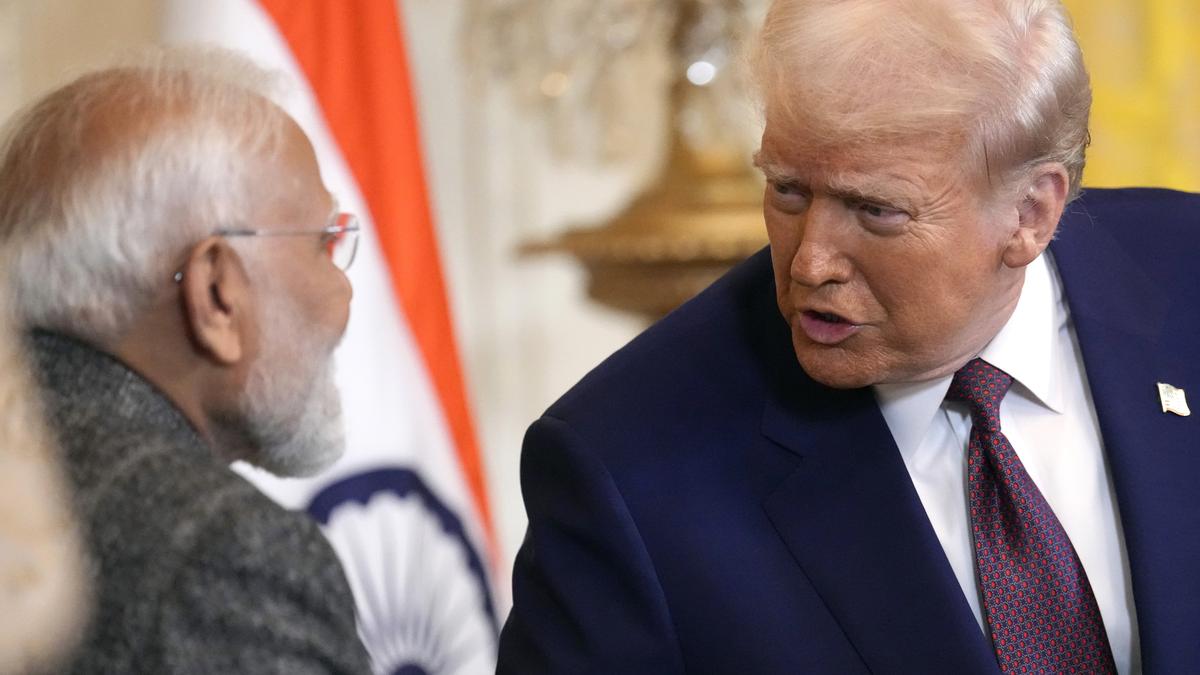Now Reading: Trump Imposes 25% Tariff on Indian Imports Over Trade Barriers and Russian Oil Deals
-
01
Trump Imposes 25% Tariff on Indian Imports Over Trade Barriers and Russian Oil Deals
Trump Imposes 25% Tariff on Indian Imports Over Trade Barriers and Russian Oil Deals

Rapid Summary
- U.S. President Donald Trump announced a 25% tariff on imports from India starting August 1, along with an unspecified penalty.
- Trump cited high tariffs, non-monetary trade barriers in India, and India’s energy/military purchases from Russia as reasons for the decision.
- Negotiations between India and the U.S. for both a Bilateral Trade Agreement (BTA) and a mini-deal have been ongoing but are yet to be finalized.
- Trump stated that India’s tariffs are “among the highest in the world” and its trade barriers “obnoxious.”
- The additional penalty has not been defined by Trump at this point.
- Earlier, deals were concluded between the U.S.and countries like Japan, indonesia, philippines, UK, and EU involving reduced or fixed tariff rates for exports to America.
- Congress criticized Prime Minister Modi over the new tariffs imposed by Trump, urging him to adopt a firmer stance similar to Indira Gandhi’s approach.
Indian Opinion Analysis
the imposition of significant tariffs on Indian imports reflects escalating tensions in India-U.S. trade relations amid prolonged negotiations over a Bilateral Trade Agreement (BTA). While past statements indicated progress toward finalizing such deals by Fall 2025, Trump’s move disrupts any immediate resolution prospects. His explicit reasoning-India’s ties with Russia for military equipment and energy-adds geopolitical dimensions beyond traditional trade concerns.
For India’s policymakers, this situation underlines dual priorities: strengthening domestic industries while revamping economic diplomacy given these new punitive actions from Washington. As recent examples show (e.g., agreements with Japan or Indonesia), negotiating favorable terms often requires concessions-a strategy New Delhi may prefer avoiding due to its policy independence ideals.
While criticism from opposition underscores dissatisfaction with current handling of bilateral talks corresponding implications raises bigger concerns: slower forward-moving international negotiation trends/reputational hits/demands adaptive nuanced responses whilst analyzing end-tactic realignments vital required moving longer course coordination eventually clarified scenarios/trade healthier outcomes necessary effort continuity evolved goals adaptive multilayer vision ahead balancing better cooperative horizon aspect setups globally! 💡 Clock-wise























